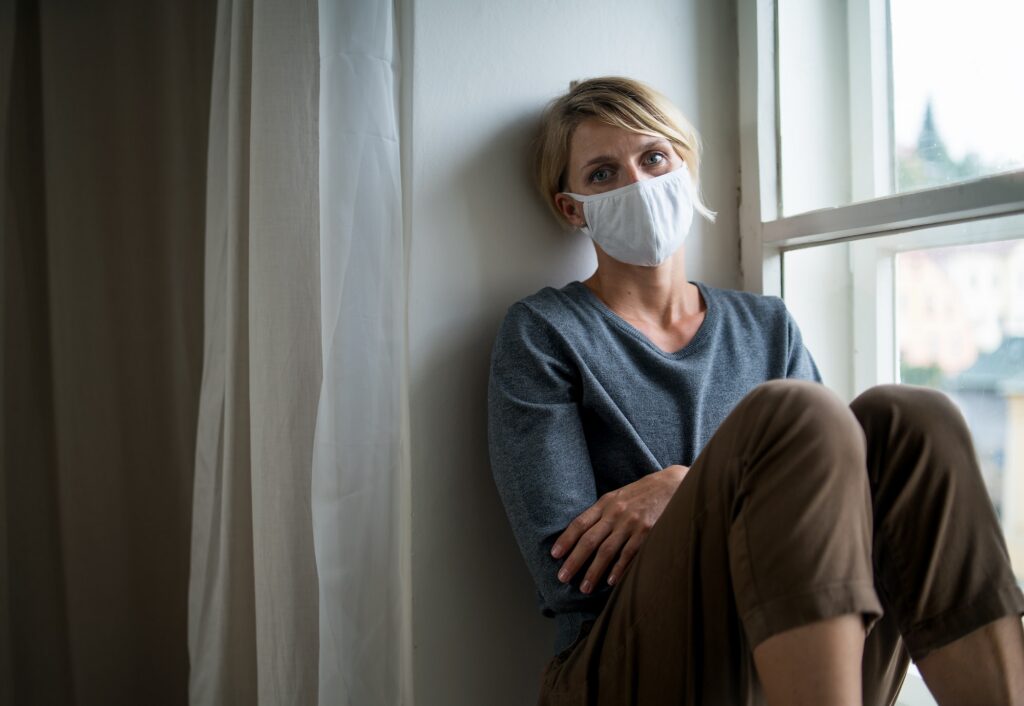Sleep disorders are conditions that disrupt normal sleep patterns, leading to difficulties falling asleep, staying asleep, or experiencing restful sleep. They can negatively impact physical health, mental well-being, and daily functioning. Here are some common sleep disorders:
1. Insomnia
–Symptoms: Difficulty falling or staying asleep, waking up too early, poor sleep quality.
–Causes: Stress, anxiety, depression, poor sleep habits, medications, or medical conditions.
–Types:
–Acute insomnia(short-term, often due to stress).
–Chronic insomnia(long-term, occurring at least 3 nights a week for 3+ months).
2. Sleep Apnea
–Symptoms: Loud snoring, gasping for air during sleep, daytime fatigue, morning headaches.
–Types:
–Obstructive Sleep Apnea (OSA)– Blocked airway due to relaxed throat muscles.
–Central Sleep Apnea (CSA)– Brain fails to signal breathing muscles.
–Risks: High blood pressure, heart disease, stroke.
3. Restless Legs Syndrome (RLS)
–Symptoms: Uncomfortable leg sensations (tingling, crawling) with an urge to move them, worse at night.
–Causes: Genetics, iron deficiency, pregnancy, or neurological issues.
4. Narcolepsy
–Symptoms: Excessive daytime sleepiness, sudden “sleep attacks,” cataplexy (loss of muscle control triggered by emotions).
–Cause: Lack of hypocretin (a brain chemical regulating wakefulness).
5. Circadian Rhythm Disorders
–Disruptions in the body’s internal clock, leading to misalignment with day/night cycles.
–Types:
–Delayed Sleep Phase Disorder(falling asleep very late, common in teens).
–Shift Work Disorder(difficulty adjusting to overnight or rotating shifts).
–Jet Lag(temporary disruption from rapid time zone changes).
6. Parasomnias (Abnormal Sleep Behaviors)
–Sleepwalking (Somnambulism): Walking/talking while asleep.
–Night Terrors: Intense fear, screaming during deep sleep (common in children).
–REM Sleep Behavior Disorder (RBD): Physically acting out dreams (may indicate neurological issues).
7. Hypersomnia (Excessive Sleepiness)
–Symptoms: Sleeping too much (10+ hours), still feeling tired.
–Causes: Narcolepsy, sleep apnea, depression, or idiopathic (unknown cause).
Diagnosis & Treatment
– Sleep Studies (Polysomnography): Monitors brain waves, oxygen levels, heart rate.
– Treatments:
–Lifestyle Changes: Sleep hygiene (consistent schedule, dark/quiet room, limiting caffeine).
–Medical Therapies: CPAP machines (for sleep apnea), medications (melatonin, sedatives).
–Behavioral Therapy: CBT-I (Cognitive Behavioral Therapy for Insomnia).
If you suspect a sleep disorder, consult a Psychiatrist or Sleep Specialist for proper evaluation and treatment. Chronic sleep issues can lead to serious health risks, so early intervention is key.




